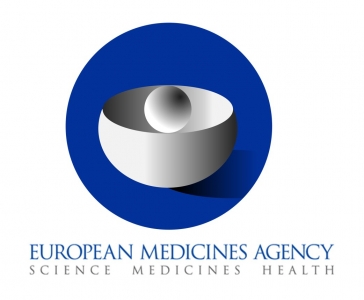New measures for terlipressin-containing medicines in the treatment of hepatorenal syndrome
EMA’s safety committee (PRAC) recommended new measures to reduce the risk of respiratory failure (severe breathing difficulties that may be life-threatening) and sepsis (when bacteria and their toxins circulate in the blood, leading to organ damage) when using terlipressin-containing medicines in people with type 1 hepatorenal syndrome (HRS-1) (kidney problems in people with advanced liver disease).
Terlipressin is a vasopressin analogue. This means that it works in a similar way as the natural hormone vasopressin to cause narrowing of certain blood vessels in the body, in particular those that supply the abdominal organs. In patients with HRS-1, increased blood pressure in the liver due to liver failure leads to widening of these blood vessels, resulting in poor blood supply to the kidneys. By narrowing the blood vessels that supply the abdominal organs, terlipressin helps to restore blood flow to the kidneys, thereby improving kidney function…














